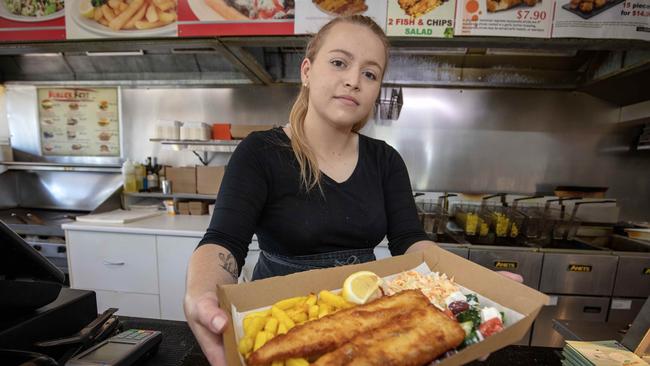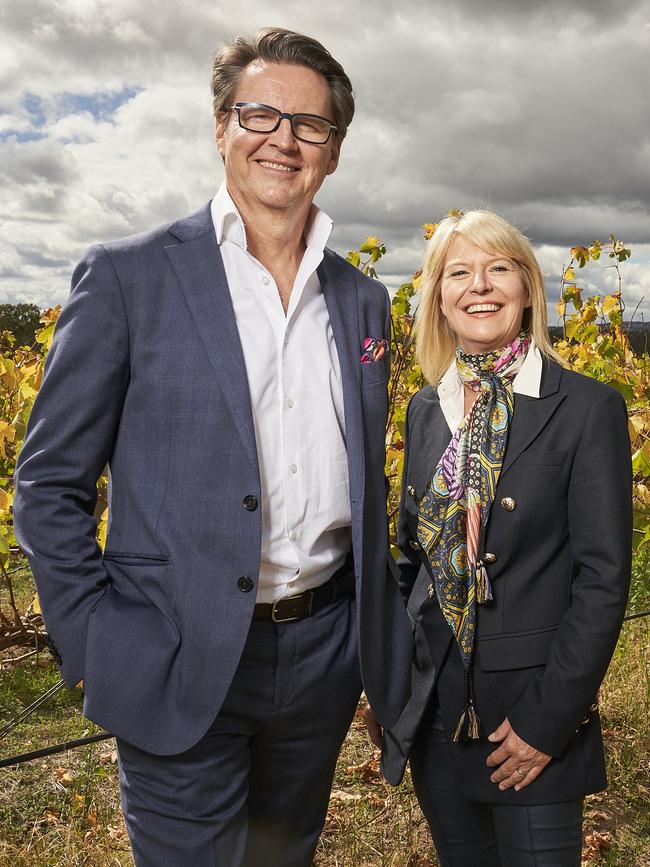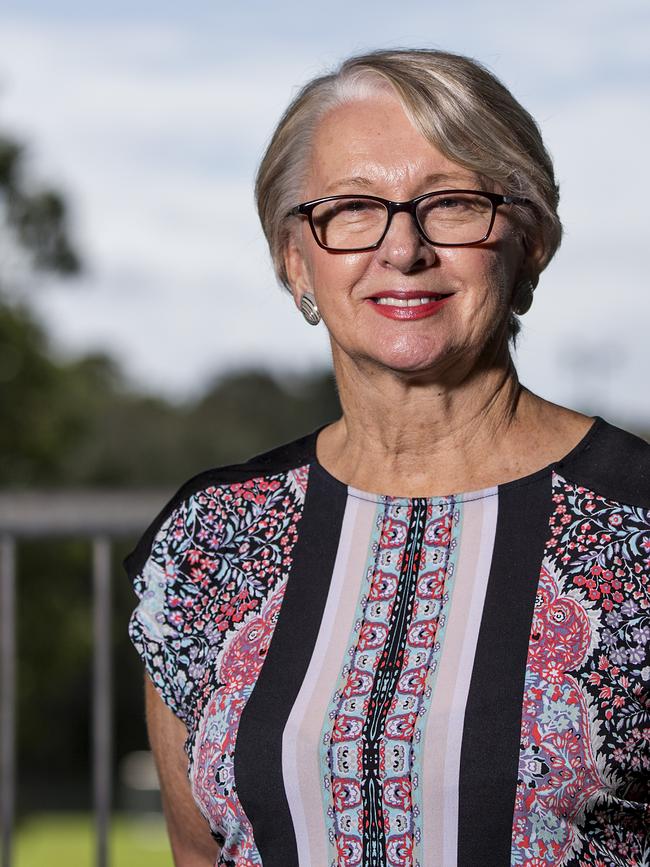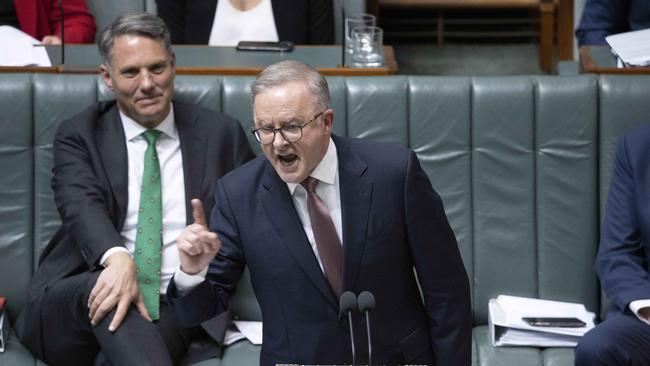Small businesses across SA at risk of collapsing over the next two years as yearly power bills rise by $2500
If annual power bills climb by a whopping $2500 as predicted, local business may be forced to shut shop – unless cash-strapped customers can cover inevitable price hikes.
SA News
Don't miss out on the headlines from SA News. Followed categories will be added to My News.
Small businesses across South Australia are at risk of collapsing over the next two years as yearly power bills rise by a whopping $2500.
The massive increase will force many small traders to hike the price of their goods and services – sparking concerns cash-strapped households will shun local businesses in search of cheaper options with supermarket and retail giants.
The grim warning has been made as new figures show yearly power bills for thousands of small businesses in SA, south east Queensland and NSW will rise from $4500 to $7000 in just two years.

Small business leaders warn widespread closures could tear the “fabric” of vibrant communities across SA, while the threat of rising electricity bills is keeping local operators “awake at night”.
Salisbury Business Association chief executive David Waylen said local traders were grappling with increasing power costs years before the “horrific” revelations in Labor’s federal budget that showed electricity bills would rise by 56 per cent by the end of 2024.
“Business owners are people as well – they are families, they already have mortgage costs, their regular costs at home, then they’ve got that additional overlap of high costs impacting on their business,” Mr Waylen said.
“Energy (prices) really need to be reigned in and I don’t see any state or federal strategies that are really looking to do that.”
Mr Waylen warned small businesses would be forced to pass the cost on to customers in the form of higher prices, which could leave already cash-strapped shoppers with no choice but to shop at the big chains.
“Small businesses always seem to be behind the Eight ball,” he said.
“Costs that impact on Big W or Myer or Harris Scarfe, for example, can be spread across multiple departments as they have the buying power the smaller traders don’t have.”
Business SA chief executive Andrew Kay said the predicted 56 per cent power increase is “only going to hurt more”.
“The South Australian business community have told us that rising costs are keeping them awake at night,” Mr Kay said.


But he welcomed Labor’s $62.6m measure to provide small and medium-sized businesses with grants to help improve energy efficiency.
“There is obviously a bigger picture here, and Australia needs regulatory reform in the sector to address this issue,” Mr Kay added.
Power bills for 13,630 small businesses in SA, south east Queensland and NSW will rise by $2542 in two years, based on modelling provided by the Opposition that also shows residential power bills for 62,000 households will increase by $1030 over the same period. The figures are based on the default market offer – the maximum price retailers can charge customers who don’t opt for a market offer.
Anne Nalder, the director of the Small Business Association of Australia, labelled the estimated increase “horrific”.
“We’re not talking about a five or 10 per cent increase, we are talking about bills almost doubling in many cases,” she said.
“When I talk about businesses going under, I’m not talking about a couple of businesses – there’s a lot.
“When a business goes under, it’s not just the owner who suffers, it can be the whole family, the community and other businesses as well.”
Both Ms Nalder and Mr Waylen warned of the hidden cost of small businesses collapsing. Many family businesses help prop up local sporting clubs in the form of sponsorships. Without these, Mr Waylen says, the “community fabric will slide away”.
“We will see more crime and more anti-social behaviour. It’s surprising how that all so quickly falls in on itself,” he said.
Labor’s first federal budget in nearly a decade contained $20bn in “low-cost finance” for the upgrade and expansion of the country’s power grid with a focus on adding renewable energy sources.

During Question Time on Thursday, Prime Minister Anthony Albanese was grilled about the rising electricity cost’s effects on small businesses.
“There is no doubt at all many households and businesses are already doing it tough when it comes to the energy crisis,” Mr Albanese said.
“Russia’s willingness to weaponise energy, which is what they have done (with the invasion of Ukraine) has sent coal, oil and gas prices through the roof globally (and) caused the most significant shock to global energy markets since the 1970s.”
Climate Change and Energy Minister Chris Bowen said the budget contained “Australia’s road map to delivering cleaner, more affordable energy to households and businesses – putting us on a track to be a renewable energy superpower”.
Australian Chamber of Commerce and Industry boss Andrew McKellar took aim at Labor’s contentious industrial relations reforms, which he argued would cause countless small businesses with more than 15 workers to become entangled in costly worker disputes.
He warned the proposed reform, allowing multi-employer bargaining deals, would only add to the rising costs of inflation and power bills.
“If we are going to try to address the fundamental challenges … the last thing we need to do is add in wage claims which are unsupported by productivity (and) are ultimately only going to feed back into that problem,” Mr McKellar said.
SA Unions secretary Dale Beasley said the reforms would “modernise” the bargaining system and lead to higher wages.
More Coverage
Read related topics:Cost of Living





